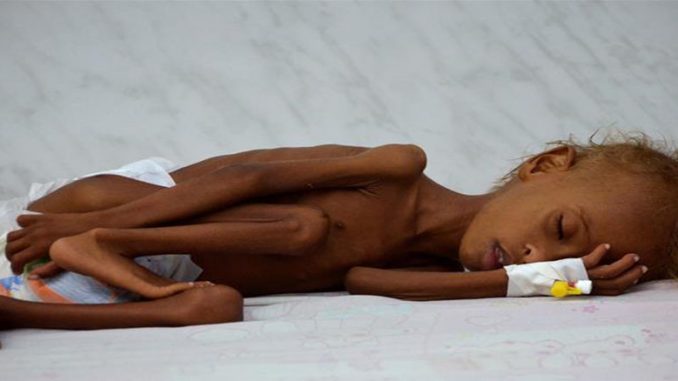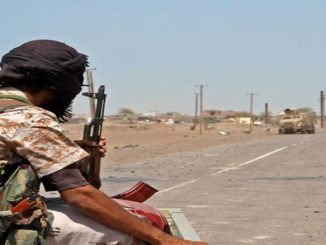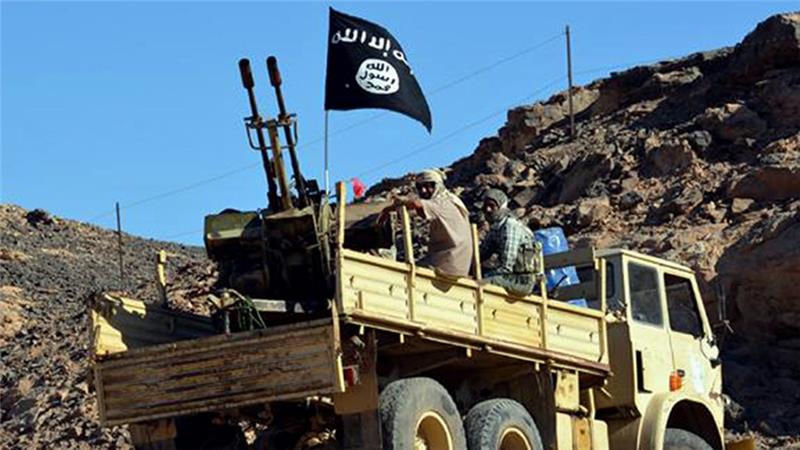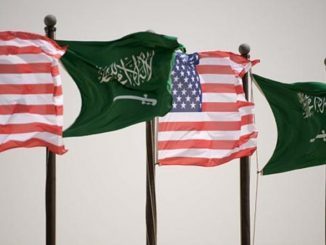
 By: Taha Kılınç*
By: Taha Kılınç*
Just 10 years ago, we went to the historic town of Jibla in the morning. Starting from the capital of Sana’a and targeting the traces of Islamic civilization in Yemen one by one, we deliberately happened to pass here. Jibla was hosting the magnificent palace and the milk-white mosque which was built by Arwa bint Ahmad al-Sulayhi – one of the two queens in the history of Islam on behalf of who sermons were read out (the other is her mother-in-law Asma Bint Shihab). As the representative of the Sulayhi dynasty, Queen Arwa, who ruled Yemen from 1067 to 1188, was also the first Muslim and independent female ruler of the country.
In Jibla, a mountain town with an altitude of 2,200 meters, I almost felt like we came to another world. Everything was still untouched as they had been in the era of Queen Arwa. We came to the mosque walking through stone-paved streets, hundreds of years of old houses and the queen’s extraordinary palace with admiration. Three elders, who were at least 90 years old each, sat in the mosque without ever talking. I ran over to them, stood among them and had our photos taken. It is perhaps the most precious memory of my trips in the Islamic world.
When our tour of at least 12 cities and innumerable small towns ended, both my admiration for Yemen increased and I obtained invaluable information about the history and civilization of Islam which I had not known until that time. Yemen was like a gigantic outdoor museum hiding nice treasures in its bosom.
Unfortunately, I could not go to Yemen once again amid other travels and grind stone. After the state of turbulence of the so-called “Arab Spring” began shaking the region, many of the traces of that old glory were already wiped out.
That is why my heart sinks whenever I read something about Yemen, I hear a word from it. “Seasons flew and flew / Calendars were wiped out / What is left of them / Pictures on the walls / Names on the graves / Seasons flew and flew…”
On the other hand, embargo conditions apply to regions under the control of Iran-backed Houthi militias as well. Houthis are obstructing entrance and exit points from the regions they seize in order not to lose civil support and man power. Civilians are the captives and the biggest victims of this seemingly endless battle.
According to official U.N. reports, around 3 million Yemeni civilians now need immediate aid and nearly 400 children also face danger of starvation. The number of people who have so far starved as a result of the embargo is not exactly known, but it is expressed in thousands. The shots disclosed by a few journalists and international news agencies that could reach the region are heart-wrenching.
The human tragedy in Yemen does not make as a big impact as Aleppo or Palestine in our country. This is both because of unhealthy information flow and geographical distance. Yet Yemen is much closer to us in all aspects than we think.
Taha Kılınç is a Turkish columnist. He writes for Yeni Safak daily newspaper.
(Published in Yeni Safak newspaper on Saturday, Jan. 7, 2017)



